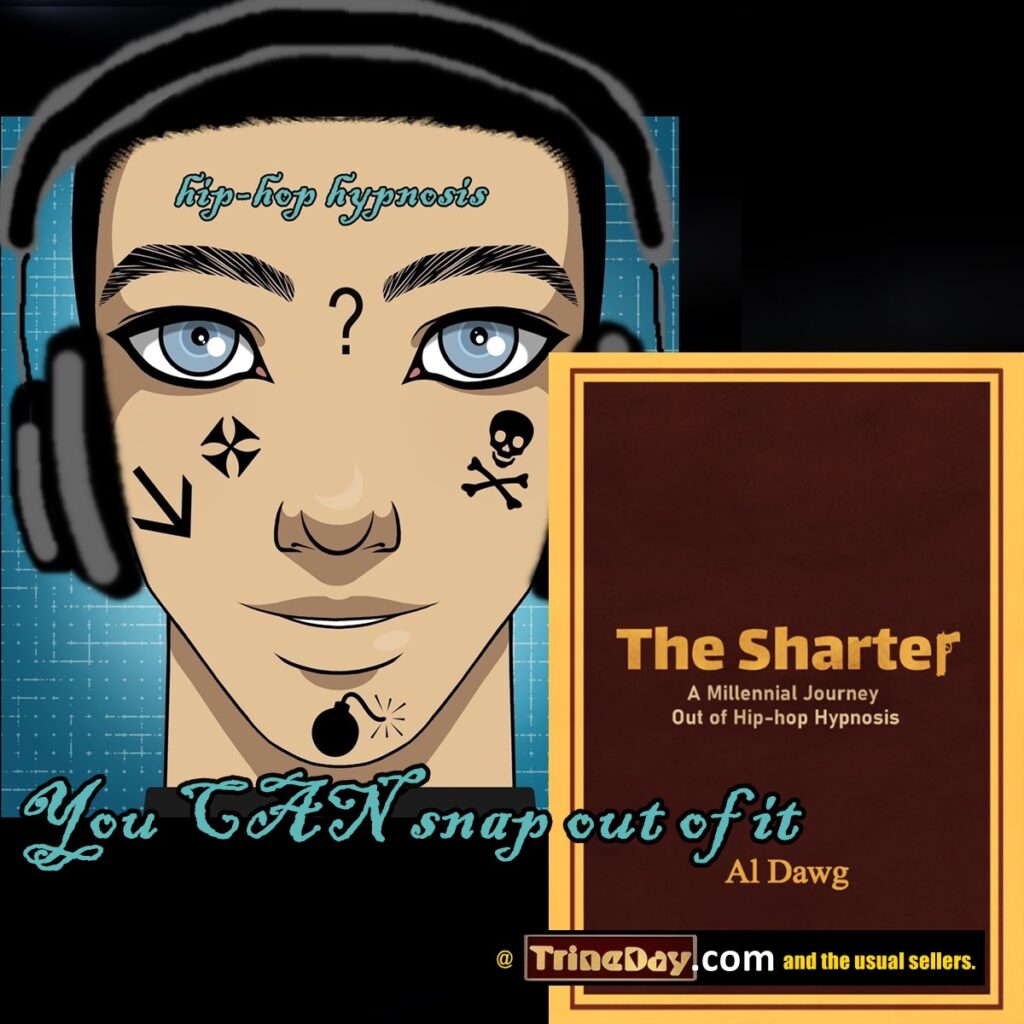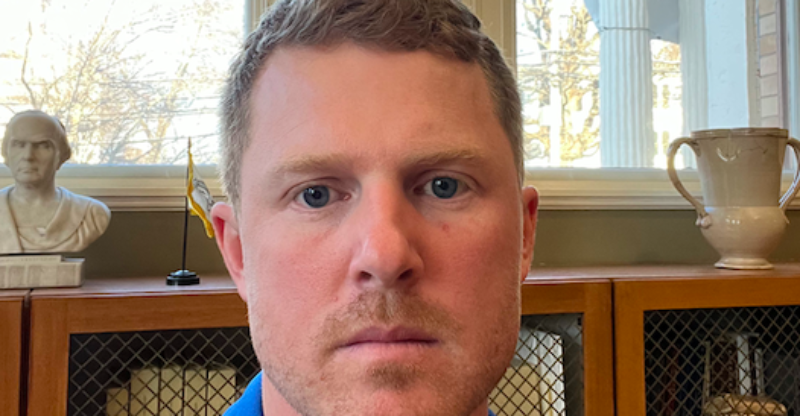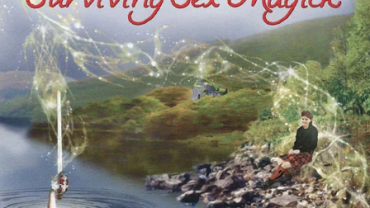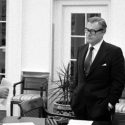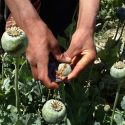The Journey 125. Al Dawg: Snapping Out of Hip-Hop Hypnosis
Publisher R. A. “Kris” Millegan speaks with Al Dawg about his book, THE SHARTER: A Millennial Journey out of Hip-hop-Hypnosis, a tragic-comedy-crime parody about hip-hop and gangster rap, music that promotes drug abuse and immorality in order to destroy young lives with crime and prison.
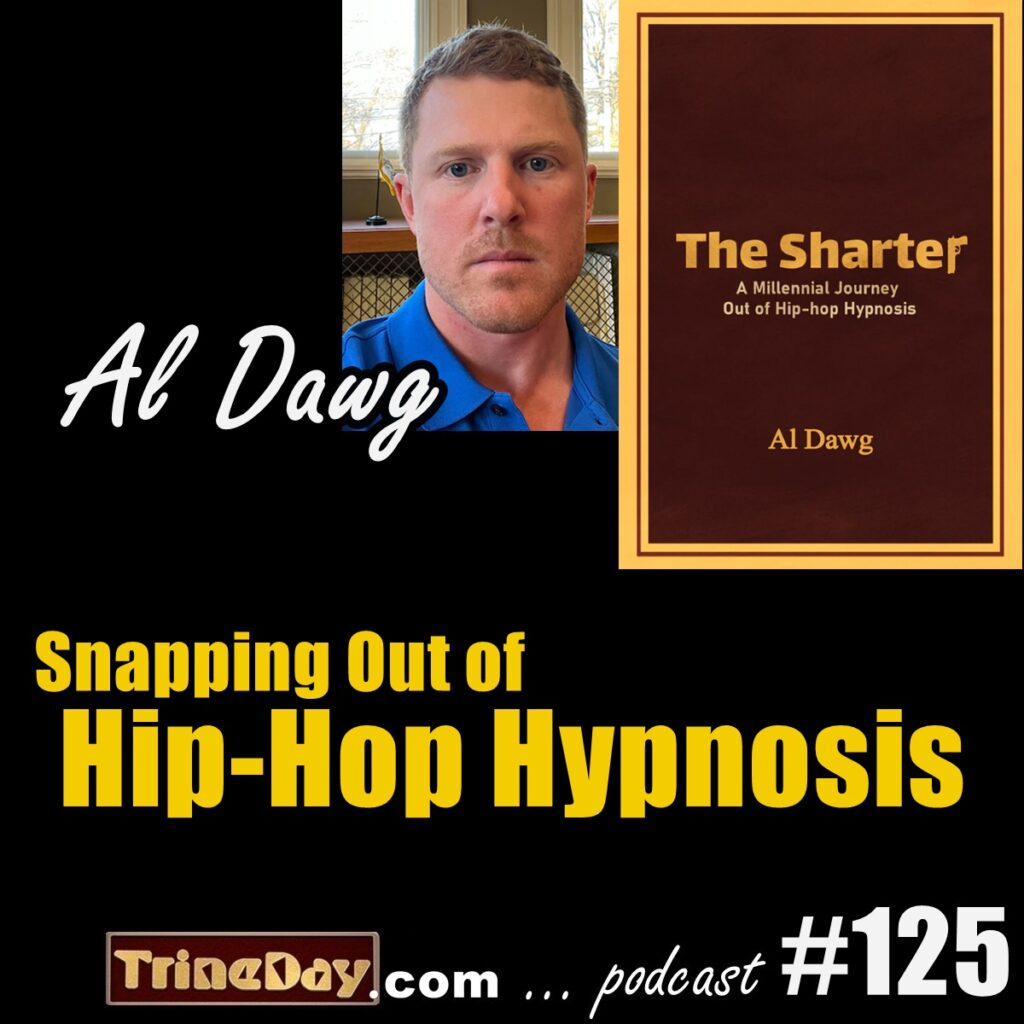
Al: When I first worked on the book, I was doing research into different deaths in the hip-hop industry, of which I was a huge fan – all these young men dying at the height of their careers. There seemed to be a big tragic death every three or four months, especially between 2017 and 2021.
As I dove into these dark rabbit holes, I realized basically all media in the last hundred years has been sort of used to alchemically engineer the populace to where we are today. I feel it’s a form of multi-generational hypnosis, especially this recent rendition of hip-hop within the last ten to twenty years, almost thirty years at this point.
Kris: I haven’t listened to a lot of hip-hop. I grew up with rock and roll, and started a record store when I was eighteen. And I really liked the blues and jazz and went very deep into those. And I helped put on Grateful Dead dances.
[Ken Kesey told me that] the hippies hijacked the counterculture from [intelligence spooks who wanted to infiltrate and steer it]. There are people in the shadows who have been playing a very long game.
The History Channel did a special and asked, “What came out of the hippies?” And the answer was the personal computer and the internet. Those are the tools that all of us are using to fight the corruption of the people who are using secrecy to lie, cheat and steal, to move us into little camps, to have us fighting each other.
In THE SHARTER, you talk about the use of drugs – especially in gangster rap, which is the most pernicious type of hip-hop as far as I’m concerned. I have to admit, I don’t know a lot. I don’t listen to it. You have these people doing all these crazy drugs that do lead you more into being very much influenced.
Al: When I [became] a fan, they would talk about smoking weed and drinking and some other things. Then over time, through gangster rap, the gangsters would talk about selling drugs from sort of an entrepreneurial angle. And then they started talking about drug abuse, essentially [and opiates]. These are hugely popular songs that are listened to over and over by millions of people. [One song says] “Drinking dope turned me into a superhero,” over and over again. Absolutely ludicrous.
John Potash’s TrineDay book, DRUGS AS WEAPONS AGAINST US, made me realize that a lot of these rappers are often controlled through their management, through their agents, and they’re used basically as mascots to push and normalize everything from marijuana to prescription drug use.
Kris: I think that basically prohibitions don’t work. That’s been shown over and over again. They put a prohibition in [against marijuana] so they can sell plants for more than gold.
